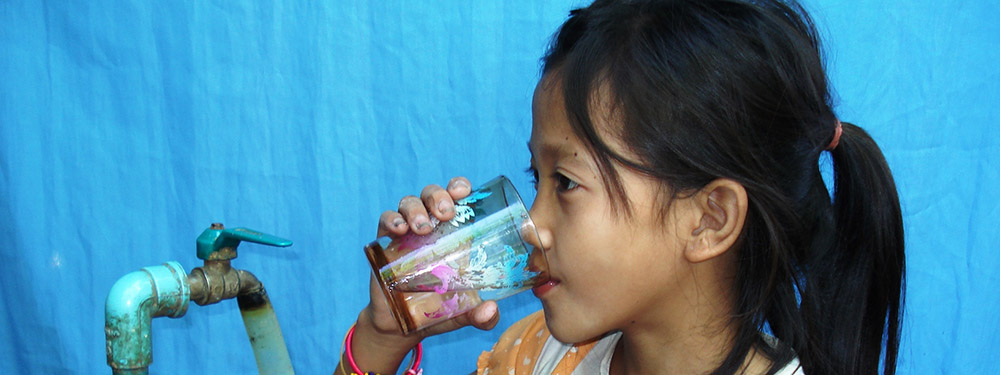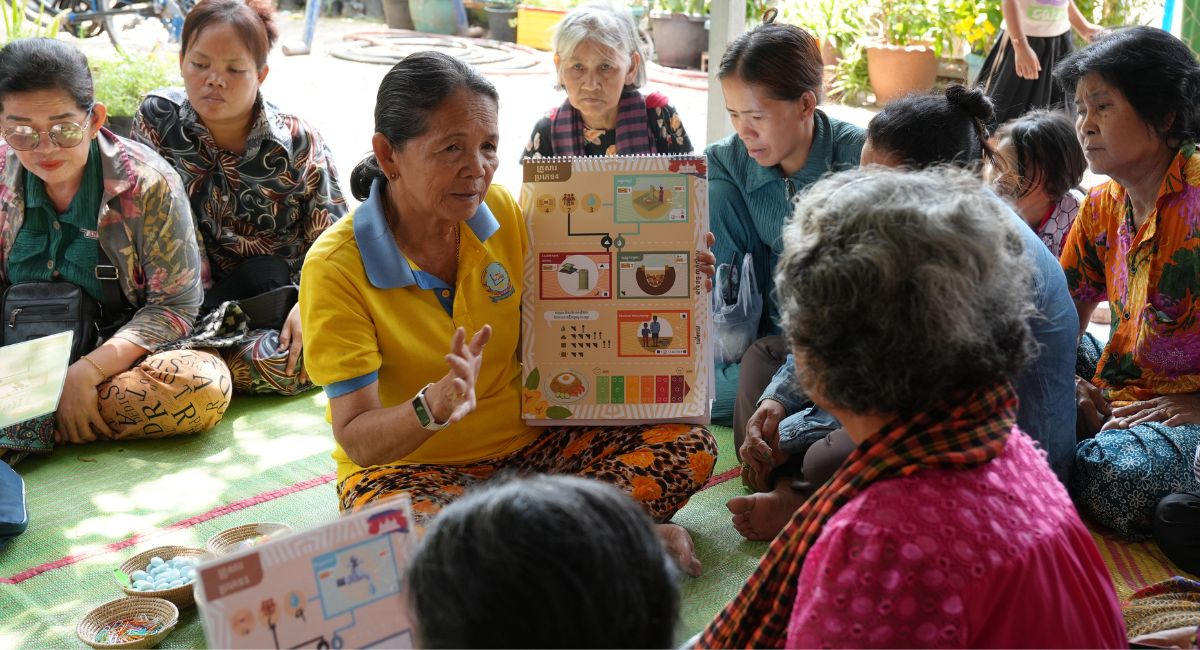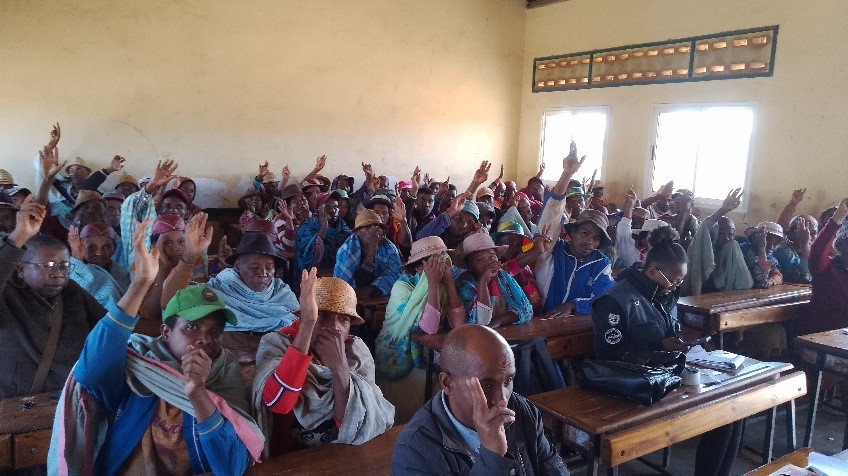Coalition Eau article – In February 2020, France launched its new international strategy for water and sanitation, the primary objective of which is to contribute to effective implementation of the human right to water and sanitation.
Although human rights are often mentioned in international strategies, they generally seem to be an aspiration, without the implementation of a real process to apply a human rights-based approach (HRBA).
A paradigm shift is needed
The human-rights based approach requires an evolution in practices for the design and implementation of development projects. The HRBA aims to act on the root causes of rights violations, inequalities and poverty. Human rights principles (universality, interdependence, equality, non-discrimination, participation, accountability), and the criteria underpinning the right to drinking water and sanitation (availability, quality, acceptability, accessibility and affordability) must guide every stage of project programming cycles. Strategies to target and take account of the most vulnerable people are necessary so that no one is left behind.
The State is at the centre of this approach, because it has an obligation to progressively materialise the right to water for all. Strengthening of capacities is becoming a primary component in cooperation, with projects aiming to strengthen national legislation, regulatory frameworks, good governance and support for local stakeholders.
Individuals are equally at the centre of this approach, because the human rights-based approach clearly requires participation. The objective is to support individuals towards “active participant for rights” status rather “beneficiary” status.
What are the implications for France’s international cooperation?
France was lagging behind regarding the definition of its methods of intervention in the area of human rights. But at the end of 2019, it adopted a Human rights and Development Strategic policy paper, asserting its wish to work on integrating the human rights-based approach in all French cooperation.
Coalition Eau and the partner associations of the “Water is a right” campaign – including GRET – are promoting greater inclusion of the right to water and sanitation in France’s international cooperation. To improve targeting of Official Development Assistance (ODA) towards the most vulnerable populations, France must devote at least 50 % of funding to the least developed countries (LDCs), fragile and insolvent states, and this will require an increase in bilateral funding for the sector.
France must also support NGOs to strengthen actions to support citizen participation and the capacity of individuals to claim their rights. This will require awareness-raising on rights through information campaigns, strengthening of local social organisations’ capacities and advocacy. To do this, Coalition Eau is calling on France to increase the portion of bilateral ODA transiting through NGOs (currently 3 %, a far cry from the 12 % average in OECD donor countries) and to provide support for the structuring of civil society internationally.






